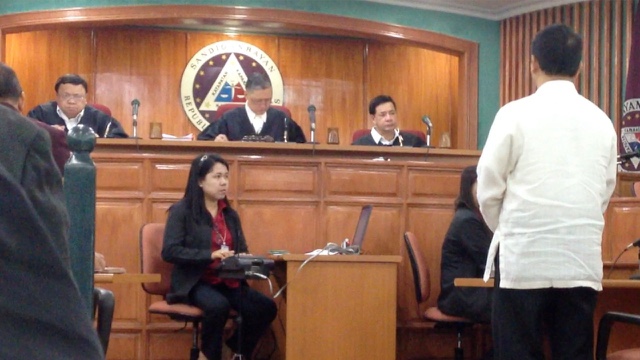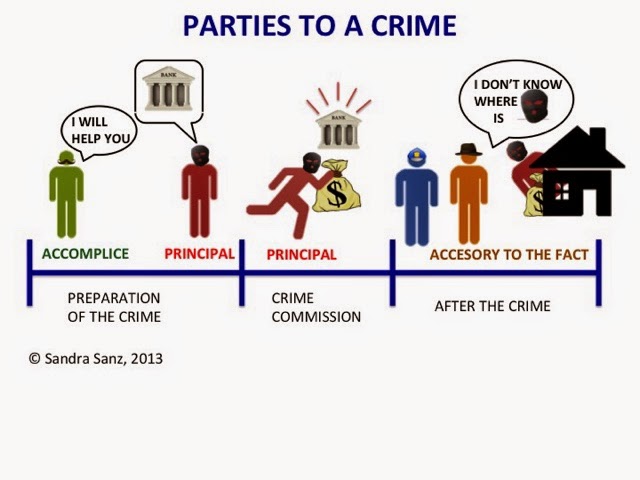WHAT WILL HAPPEN IF THE ACCUSED REFUSES TO ENTER HIS PLEA?
In all criminal proceedings, the accused must be arraigned.
The accused must be arraigned before the court where the complaint or information was filed or assigned for trial.
The arraignment shall be made in open court by the judge or clerk by furnishing the accused with a copy of the complaint or information, reading the same in the language or dialect known to him, and asking him whether he pleads guilty or not guilty (Sec. 1, Rule 116 of the Revised Rules of Criminal Procedures).
The purpose of the arraignment is to inform the accused of the accusation filed against him. Thus, it is important that it shall be done by reading in a language or dialect known to the accused. Meaning, the information or complaint shall be interpreted or translated to the dialect or language spoken and known by the accused. Otherwise, the arraignment is deemed not done.
As stated above, the accused would be asked to enter his plea whether guilty or not guilty. It is entirely dependent on the will of the accused on what plea he should enter. He shall not be coerced nor influenced.
In the same manner, the accused has also the right not to enter any plea. He may refuse to enter nor speak anything after the information or the complaint was read. The court cannot force the accused to enter any plea.
So what will happen if the accused refused to enter any plea?
The same Rules of Court provides a remedy on this.
When the accused refuses to plead or makes a conditional plea, A PLEA OF NOT GUILTY shall be entered for him.
The accused must be arraigned before the court where the complaint or information was filed or assigned for trial.
The arraignment shall be made in open court by the judge or clerk by furnishing the accused with a copy of the complaint or information, reading the same in the language or dialect known to him, and asking him whether he pleads guilty or not guilty (Sec. 1, Rule 116 of the Revised Rules of Criminal Procedures).
The purpose of the arraignment is to inform the accused of the accusation filed against him. Thus, it is important that it shall be done by reading in a language or dialect known to the accused. Meaning, the information or complaint shall be interpreted or translated to the dialect or language spoken and known by the accused. Otherwise, the arraignment is deemed not done.
As stated above, the accused would be asked to enter his plea whether guilty or not guilty. It is entirely dependent on the will of the accused on what plea he should enter. He shall not be coerced nor influenced.
In the same manner, the accused has also the right not to enter any plea. He may refuse to enter nor speak anything after the information or the complaint was read. The court cannot force the accused to enter any plea.
So what will happen if the accused refused to enter any plea?
The same Rules of Court provides a remedy on this.
When the accused refuses to plead or makes a conditional plea, A PLEA OF NOT GUILTY shall be entered for him.
Note: The featured photo is grabbed from www.rappler.com.



Comments
Post a Comment